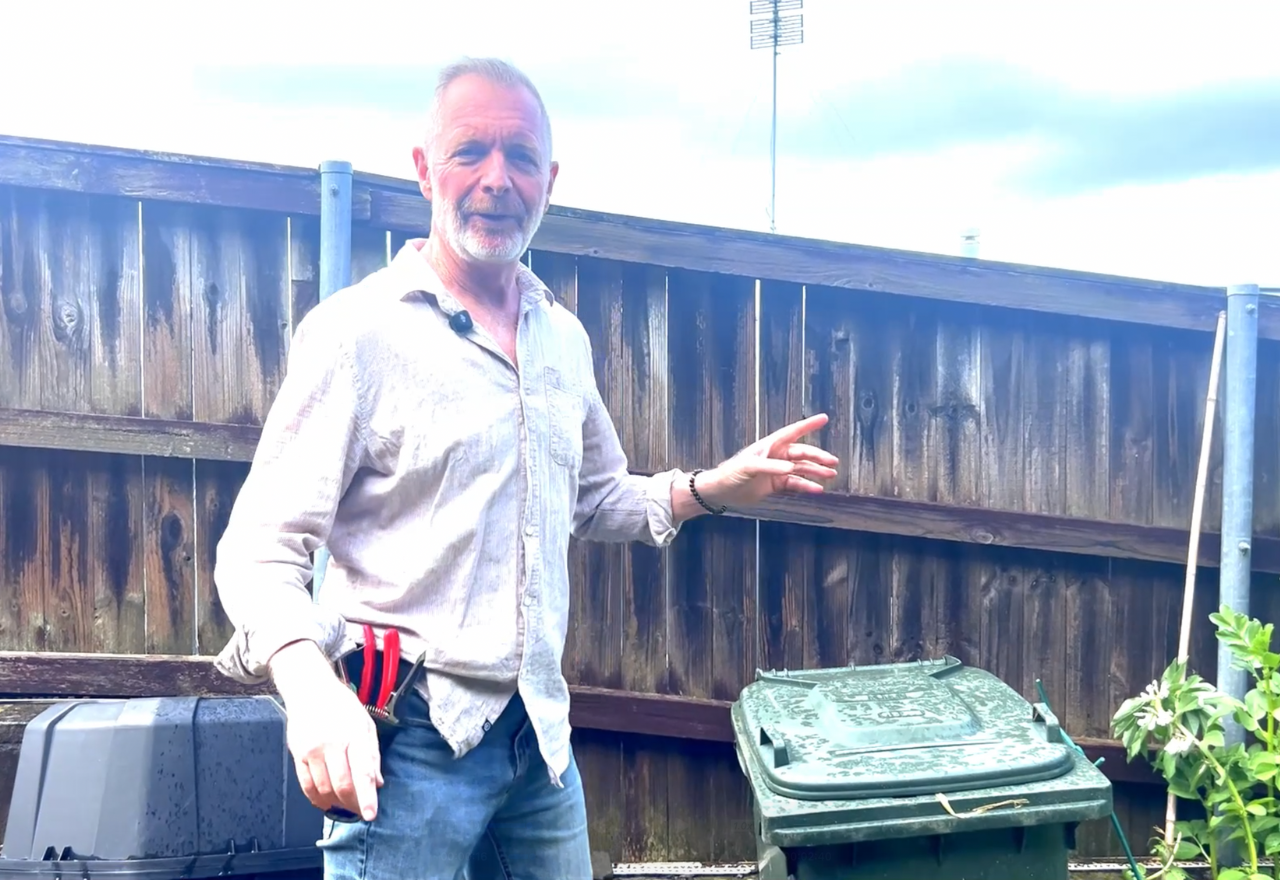Grow with John Gabriele: Compost: The gardener’s gold
John Gabriele
19 September 2025, 1:00 AM

If you haven’t got a compost heap, let’s be honest - you’re not really gardening. Compost is the gardener’s gold: rich, natural, and the secret to vibrant, healthy plants.
Today, I want to walk you through two easy composting methods you can use in your own backyard - even if you're just getting started.
Method 1: The compost tumbler
The first method is the compost tumbler - a great system for beginners. It’s as simple as loading it up with a variety of organic matter. Think kitchen scraps, garden clippings, leaves, and even some shredded newspaper.
The more diverse your materials, the better your compost.
Once it’s full, all you need to do is turn the tumbler every few days to aerate the mix and keep moisture levels consistent. The turning action speeds up decomposition and helps prevent any nasty smells.
The tumbler I use has been going for a while now, and it’s producing that beautiful, earthy material we’re all chasing - rich, dark compost filled with worms and life. That’s your garden gold right there.
If space is tight or you're new to composting, a tumbler is a brilliant way to get started. It typically takes 6–8 weeks to break down fully, but in warmer weather and with regular turning (say every 2–3 days), you'll have beautiful compost in no time.
Method 2: Traditional bin composting
The second method is the traditional compost bin - your standard backyard setup. Mine is made from an old bin, roughly half a square metre, and it’s filled with a mix of materials: lawn clippings, kitchen scraps, garden waste, and plenty of leaf litter, which provides valuable carbon.
One tool I love using is a compost screw. It lets me dig deep into the pile and lift sections to introduce air, which is vital for keeping your compost "cooking."
Inside this bin, you’ll find a mini-ecosystem hard at work - worms, slaters, springtails, and other decomposers that signal your compost is alive and thriving. That’s exactly what you want to see.
This method takes a bit longer, especially if you're working with tougher materials like dried leaves, but the end result is the same: nutrient-rich compost that works wonders in veggie gardens and ornamental beds alike.
Whether you’re aiming for a flourishing vegetable patch or lush ornamental plantings, composting is the key.
So if you want to create your own little Eden - start composting.
NEWS




